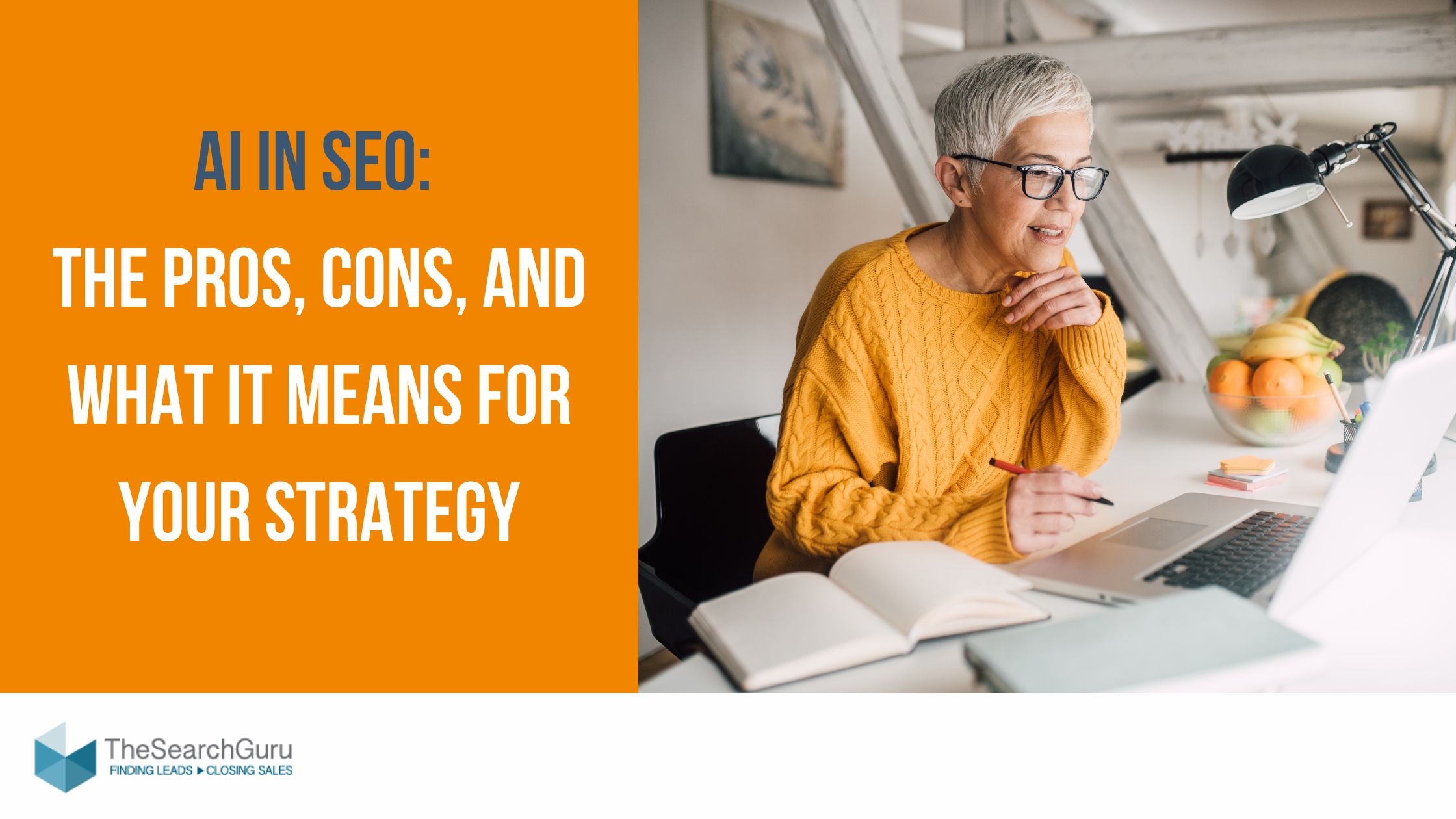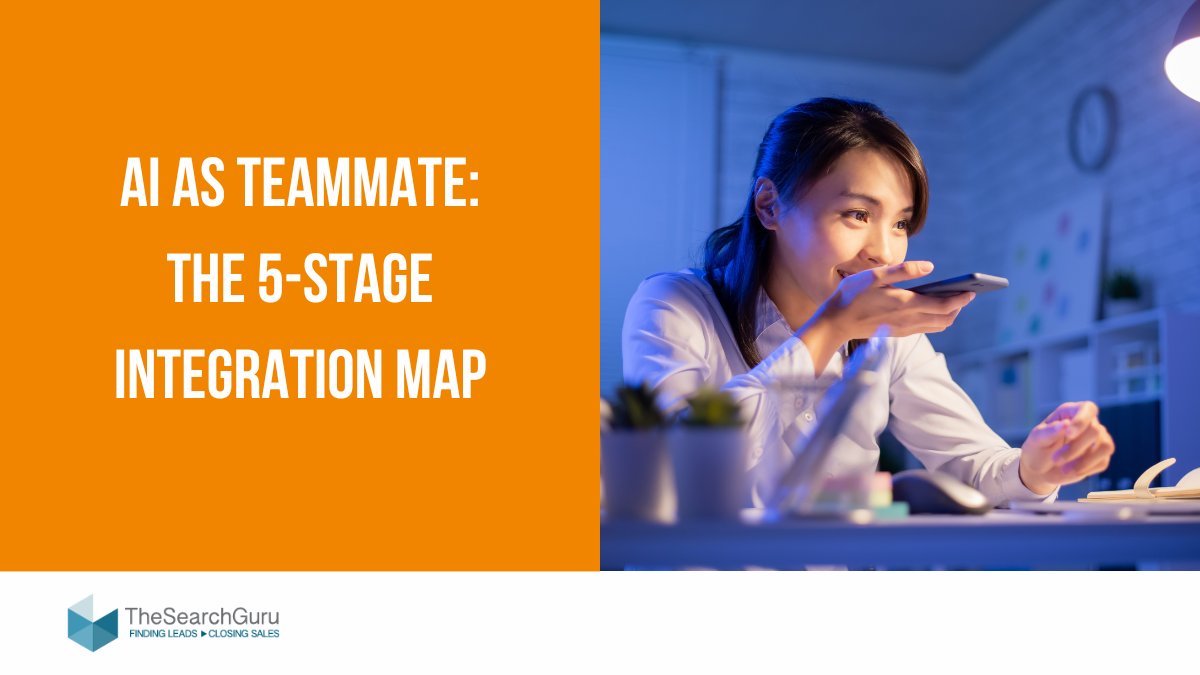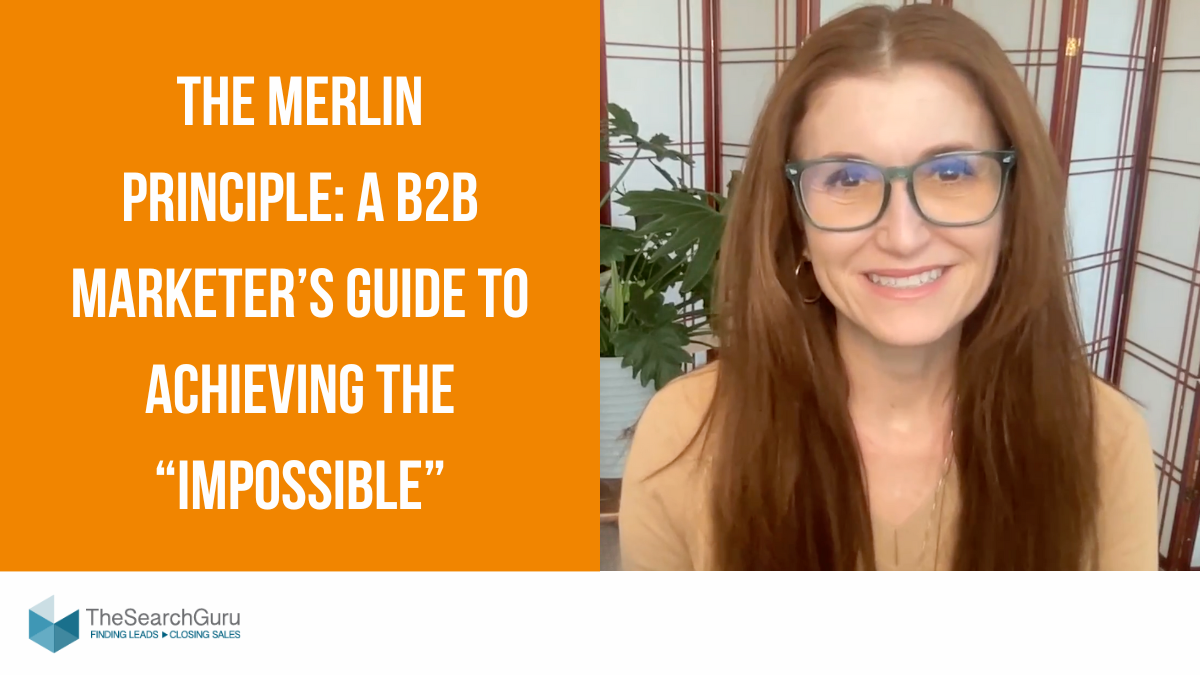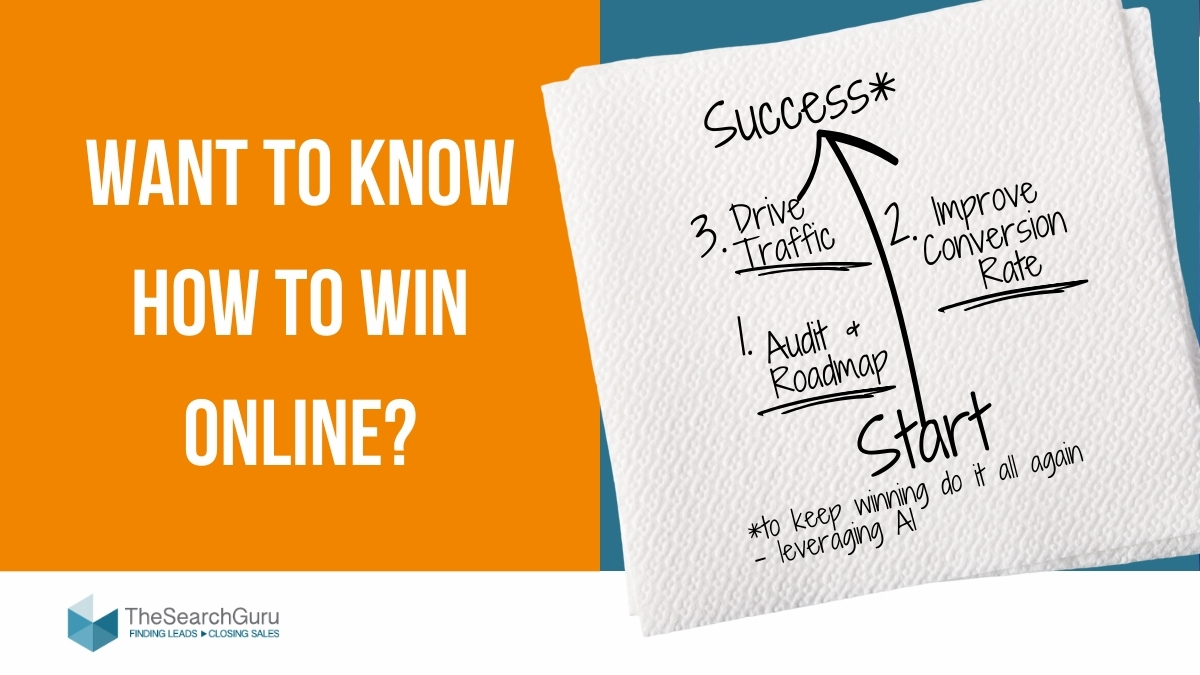Aka: The Human Element in AI-Powered SEO: Why Expertise Still Matters
Digital marketing is changing fast, and artificial intelligence (AI) is playing a big role in that shift—especially in SEO. Savvy businesses are already weaving AI into their strategies, and it’s easy to see how this technology is transforming the way we optimize for search engines.
TL;DR
AI is transforming SEO, making processes faster and smarter:
- AI helps with keyword research by analyzing large datasets to uncover valuable search terms.
- Platforms like Jasper and ChatGPT streamline the creation of blog posts, meta tags, and other content.
- Technical SEO tasks, such as fixing broken links or addressing crawl issues, can now be automated.
- AI forecasts SEO trends and enables tailored user experiences, helping businesses stay competitive.
The Risks:
- AI-generated content can lack creativity, originality, and depth, potentially harming engagement.
- Over-reliance on AI increases the risk of duplicate content, which search engines may penalize.
- AI-powered search engines offering direct answers can reduce organic website traffic.
- Ethical challenges, such as biases or copyright issues, are important concerns to address.
Best Practice:
Use AI for efficiency, but depend on human expertise for strategy, creativity, and oversight. This balanced approach ensures your SEO delivers meaningful results.
But as with any revolution, AI in SEO comes with both exciting opportunities and potential pitfalls.
So, is AI the future of SEO, or are there significant drawbacks that businesses should be wary of? Let’s dive in and examine both sides of the coin to help you understand how AI fits into your SEO strategy.
AI in SEO: Separating Hype from Practical Applications
- Enhanced Keyword Research
Gone are the days of manual keyword hunting. AI tools like SEMrush and Ahrefs now analyze vast datasets in seconds, providing smarter, more targeted keyword suggestions. This means you can uncover valuable long-tail keywords and understand search intent more effectively than ever before.
- Faster Content Generation and Optimization
AI-powered tools like Jasper and Copy.ai, and layering LLMs (such as ChatGPT and Claude – the better writer at the time of this writing) are revolutionizing content creation. These platforms can generate SEO-optimized blog posts, meta descriptions, and even social media content in a fraction of the time it would take a human writer. This efficiency allows businesses to produce more content, faster – a crucial advantage in the fast-paced world of SEO.
- Technical SEO Automation
Identifying and fixing technical SEO issues used to be a time-consuming process. Now, AI tools like Screaming Frog and Botify can automatically detect and even resolve issues like broken links, crawl errors, and meta tag optimization. This not only saves time but also ensures your site’s technical health is consistently maintained.
- Predictive Analytics for SEO Trends
AI’s ability to analyze patterns and predict trends is a game-changer for SEO strategy. By forecasting future keyword trends and user behaviors, AI helps businesses stay ahead of the curve, allowing them to optimize content before trends peak.
- Better User Experience Insights
AI can analyze user behavior metrics like scroll depth and bounce rates to suggest improvements in website layout and structure. This data-driven approach to UX not only boosts rankings but also improves overall user engagement and satisfaction.
- Optimized Voice Search
With the rise of voice-activated devices, optimizing for voice search is more important than ever. AI helps businesses adapt by optimizing for conversational queries and natural language processing (NLP), ensuring your content is discoverable in this growing search medium.
- Content Personalization at Scale
AI enables businesses to deliver personalized content based on individual user behavior, location, or preferences. This level of customization was previously impossible at scale, but AI makes it a reality, potentially boosting engagement and conversion rates.
Reach out to talk process and how your team can make this happen for your organization.
How to Balance AI and Human Expertise in SEO
The key to successful AI implementation in SEO lies in finding the right balance between automation and human expertise.
- Use AI for Efficiency, Not Strategy
Leverage AI for automating repetitive tasks and providing data-driven insights, but rely on human expertise for defining overall strategy and ensuring content quality. AI should be a tool that enhances human capabilities, not a replacement for strategic thinking.
- Prioritize High-Quality, User-Centric Content
While AI can generate content quickly, it’s crucial to have human writers edit and enhance this content. This ensures that your content maintains quality, creativity, and genuine engagement with your audience.
- Leverage AI for Technical SEO
AI excels at technical SEO tasks like crawl optimization and identifying site errors. Use it to streamline these processes, but leave complex decisions like restructuring site architecture or setting long-term SEO goals to human experts.
- Regular Audits and Adjustments
The SEO landscape is constantly evolving, and so should your approach to AI. Regularly audit your AI tools and processes to ensure they’re producing optimal results. Combine AI insights with manual review to adapt to changes in search algorithms and user behavior.
What to see this in action? Reach out and set a call today.
Let’s Wrap this Look at the Pros and Cons of AI in SEO Up
AI is undoubtedly transforming the world of SEO – giving us unprecedented efficiency and data-driven insights. From supercharging keyword research to automating technical SEO tasks, AI tools have the potential to significantly enhance your SEO strategy.
However, it’s crucial to approach AI in SEO with a balanced perspective. The risks of over-reliance on AI – including potential drops in content quality, over-optimization, and a lack of creative innovation – are real.
The future of SEO lies not in choosing between AI and human expertise, but in finding the sweet spot where they complement each other. By leveraging AI for efficiency and data analysis while relying on human creativity and strategic thinking, businesses can create SEO strategies that are both powerful and nuanced.
Need help balancing AI and human expertise in your SEO strategy? Let’s talk about how we can help you get the best of both worlds.






